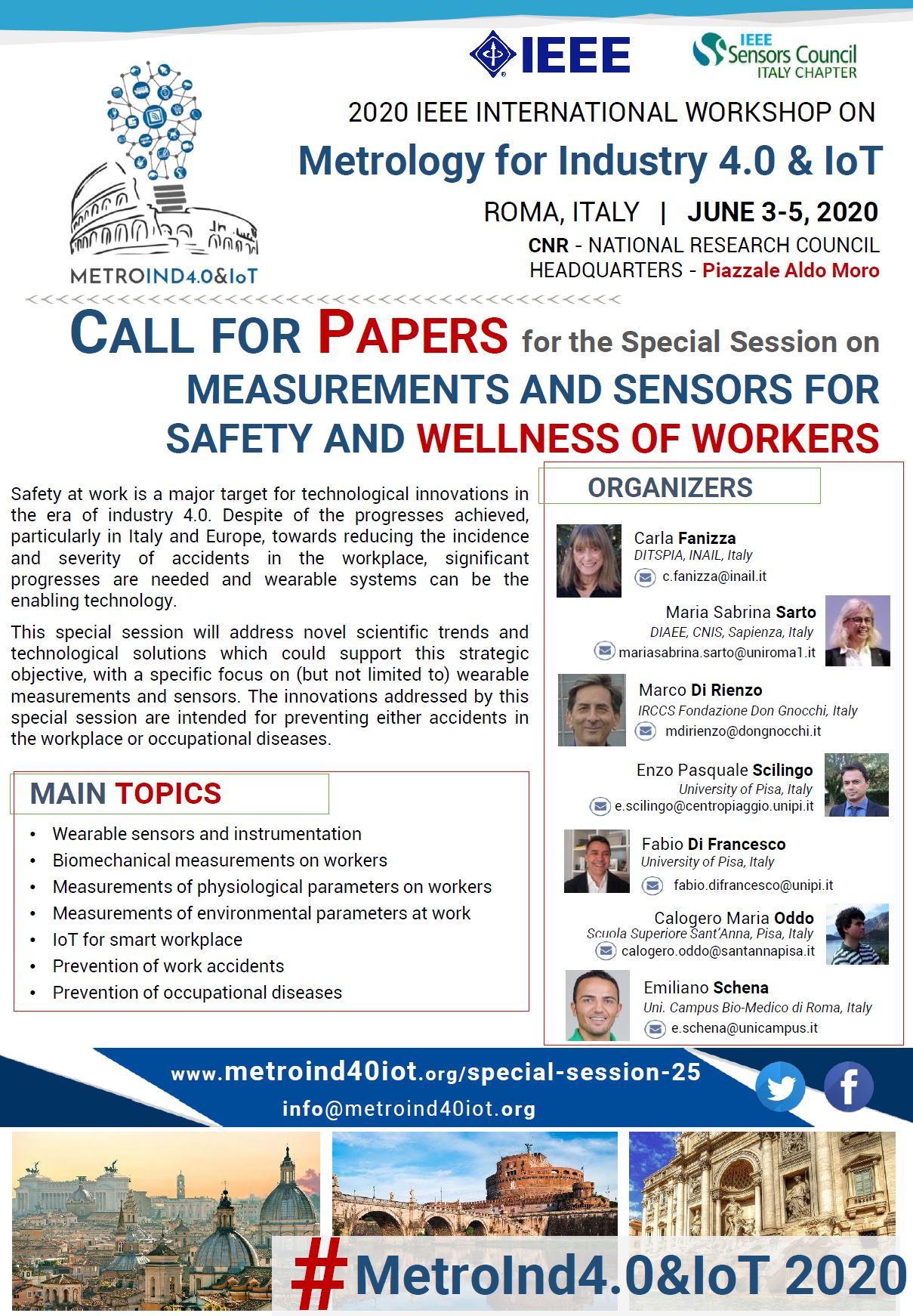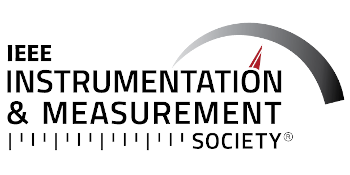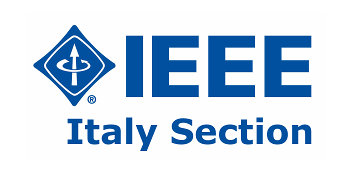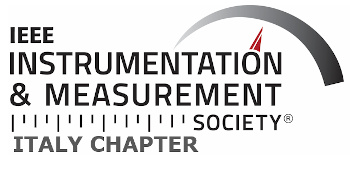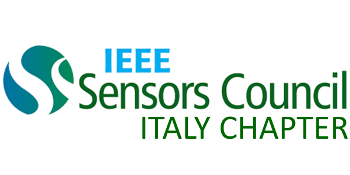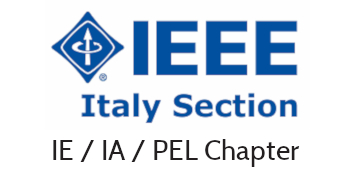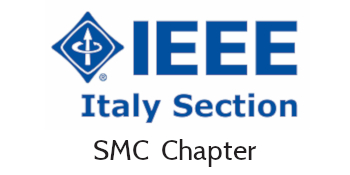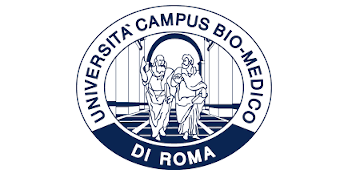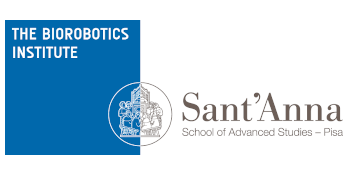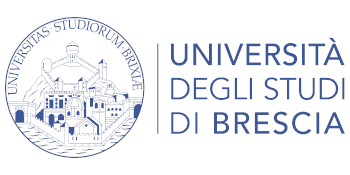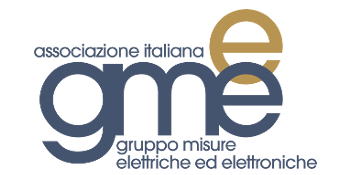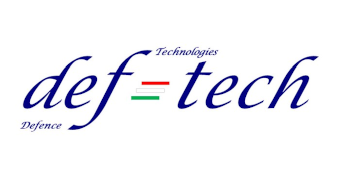Measurements and sensors for safety and wellness of workers
ORGANIZED BY

Carla Fanizza
Department of Technological Innovations and Safety of Plants, Products and Anthropic Settlements (DITSPIA)
National Institute for Insurance against Accidents at Work (INAIL), Italy

Maria Sabrina Sarto
Department of Astronautics, Electrical, Energy Engineering (DIAEE)
Research Center for Nanotechnology applied to Engineering of Sapienza (CNIS)
Sapienza University of Rome, Italy

Marco Di Rienzo
Department of Biomedical Technology, IRCCS Fondazione Don Carlo Gnocchi, Italy
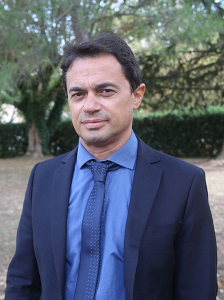
Enzo Pasquale Scilingo
Research Centre "E. Piaggio" & Department of Information Engineering, School of Engineering, University of Pisa, Italy
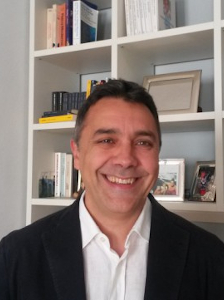
Fabio Di Francesco
Department of Chemistry and Industrial Chemistry, University of Pisa, Italy

Calogero Maria Oddo
The BioRobotics Institute and Department of Excellence in Robotics and A.I., Scuola Superiore Sant’Anna, Pisa, Italy
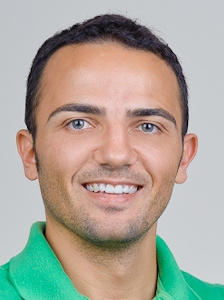
Emiliano Schena
Unit of Measurement and Biomedical Instrumentation, Università Campus Bio-Medico di Roma, Italy
ABSTRACT
Safety at work is a major target for technological innovations in the era of industry 4.0. Despite of the progresses achieved, particularly in Italy and Europe, towards reducing the incidence and severity of accidents in the workplace, significant progresses are needed and wearable systems can be the enabling technology.
This special session will address novel scientific trends and technological solutions which could support this strategic objective, with a specific focus on (but not limited to) wearable measurements and sensors. The innovations addressed by this special session are intended for preventing either accidents in the workplace or occupational diseases.
TOPICS
- Wearable sensors and instrumentation
- Biomechanical measurements on workers
- Measurements of physiological parameters on workers
- Measurements of environmental parameters at work
- IoT for smart workplace
- Prevention of work accidents
- Prevention of occupational diseases
ABOUT THE ORGANIZERS
Carla Fanizza is a researcher at the Department of Technological Innovations and Safety of Plants, Products and Anthropic Settlements (DITSPIA) at the National Institute for Insurance against Accidents at Work (INAIL). Her current research interests include nanomaterial biocompatibility and nanotoxicity evaluation both by cytotoxicity studies and by scanning electron microscopy.
Maria Sabrina Sarto (Laurea Degree in Electrical Engineering, PhD in Electrical Engineering) is Full Professor of Electrical Engineering at Sapienza University of Rome, Deputy Rector of Sapienza for Infrastructures and tools for research of excellence, Director of the Dept. of Astronautics, Electrical, Energy Engineering, Director of the Laboratory of Electromagnetic Compatibility and Nanotechnology of DIAEE, Central Coordinator of the Centre of Excellence of the Technological District on Cultural Heritage of Lazio Region.
Her research is framed in the field of electromagnetic compatibility (EMC), nanotechnologies and carbon-based nanomaterials for applications in electrical engineering, electronics, aerospace, sensing, energy harvesting; nanostructured multifunctional materials for use in cultural heritage, sensing, energy, and biotechnology.
She has received during her career numerous scientific awards and prizes. In 2010, she was appointed Fellow of the IEEE (Institute of Electrical and Electronic Engineering).
Marco Di Rienzo has MSc degree in Electronic Engineering from Politecnico di Milano, Italy (1980). He is Co-ordinator of the technological research in cardiovascular, wearable sensors and telemedicine areas at the IRCCS Fondazione Don Carlo Gnocchi. He is Adjunct Professor at the Faculty of Medicine, Università Statale, Milan. His research interests are in signal processing, modelling of the cardiovascular control, cardiac mechanics, sleep, space physiology, seismocardiography and development of wearable systems for bio-signal monitoring. He is author of more than 140 papers in peer-reviewed journals (Scopus H-index 48), co-inventor of three patents and referee in several international journals.
Enzo Pasquale Scilingo, Ph.D. is full Professor in Electronic and Information Bioengineering at the University of Pisa. He received the Laurea Degree in Electronic Engineering from the University of Pisa, Italy and the Ph.D.degree in Bioengineering from the University of Milan, in 1995 and 1998 respectively. For two years he was postdoctoral fellow with the Italian National Research Council and for two years post-doctoral fellow at Information Engineering Department of the University of Pisa. Currently, he is pursuing his research work mainly at the Research Center “E. Piaggio”. He has several teaching activities, he is supervisor of several PhD students and he is leading the laboratoty Biolab at the Information Engineering Department. He coordinated a European project EC-FP7-ICT-247777 “PSYCHE-Personalised monitoring SYstems for Care in mental Health”, and he is currently coordinating two European projects: H2020-PHC-2015-689691 NEVERMIND - NEurobehavioural predictiVE and peRsonalised Modelling of depressIve symptoms duriNg primary somatic Diseases with ICT-enabled self-management procedures and H2020-FETPROACT-2018-01- 824153 POTION - Promoting social interaction through emotional body odours. His main research interests are in wearable monitoring systems, human-computer interfaces, biomedical and biomechanical signal processing, modelling, control and instrumentation. He is author of more than 200 papers on peer-review journals, contributions to international conferences and chapters in international books. He is co-author of three books edited by Springer. He is currently serving as reviewer to many international journals and as member of Program and Scientific Committees of yearly international conferences. He is Editor in chief of the section Bioelectronics of the Journal Electronics and member of the Editorial Board of the following journals: Plos One, Scientific Reports – Nature, IEEE Journal of Biomedical and Health Informatics, IEEE Transactions on Affective Computing, Frontiers in Bioengineering and Biotechnology, Frontiers in Robotics and AI section Bionics and Biomimetics, Frontiers in Neuroscience section Neural technology, Complexity, and ETRI Journal.
Research interests: Biomedical signal processing, wearable monitoring systems, mobile health, man-machine interface, mental disorders, autonomic nervous system, affective computing.
Fabio Di Francesco graduated in physics and received a PhD in biomedical engineering at the University of Pisa. He is currently Associate Professor at the Department of Chemistry and Industrial Chemistry at the University of Pisa, where he carries out research activity focused on the development of chemical and physical sensors, wearable sensor systems, and the identification of chemical markers in breath, saliva and sweat for the diagnosis of disease and the monitoring of health conditions. He published 86 papers on international peer-review journals and conference proceedings, 4 book chapters, 153 contributions to congresses and conferences, 6 patents (3 pending). He is member of the Editorial Board of Microchemical Journal and Journal of Breath Research.
Calogero Maria Oddo currently serves as Associate Professor of Bioengineering at Scuola Superiore Sant’Anna (SSSA), Pisa, and as head of the Neuro-Robotic Touch Laboratory at The BioRobotics Institute, coordinating a team of about 20 research fellows. He holds courses on Neuromorphic Engineering for the joint MSc degree in Bionics Engineering with the University of Pisa and on Neuromorphic Computing for Honors College students of SSSA. He obtained, all with honours: PhD in BioRobotics from SSSA, MSc and BSc in Electronic Engineering from the University of Pisa, 2nd and 1st level degrees in Industrial and Information Engineering from SSSA. He has h-index 20 and his main research interests are in the Neuro-Robotics Area: specific research topics include implantable medical devices, cybernetic prostheses and biomechatronic systems, tactile sensing and artificial skin, human touch neurophysiology, neuromorphic engineering, tactile sensors for safe human machine integration in the workplace.
Emiliano Schena is currently Associate Professor of Measurements and Biomedical Instrumentation at Università Campus Bio-Medico di Roma. He earned a Master of Science (2006) and a Ph.D. degree (2009) in Biomedical Engineering at the Università Campus Bio-Medico di Roma. His research interests focus on the design and development of wearable systems based on different technologies for monitoring physiological parameters and for the analysis of human behaviour.



